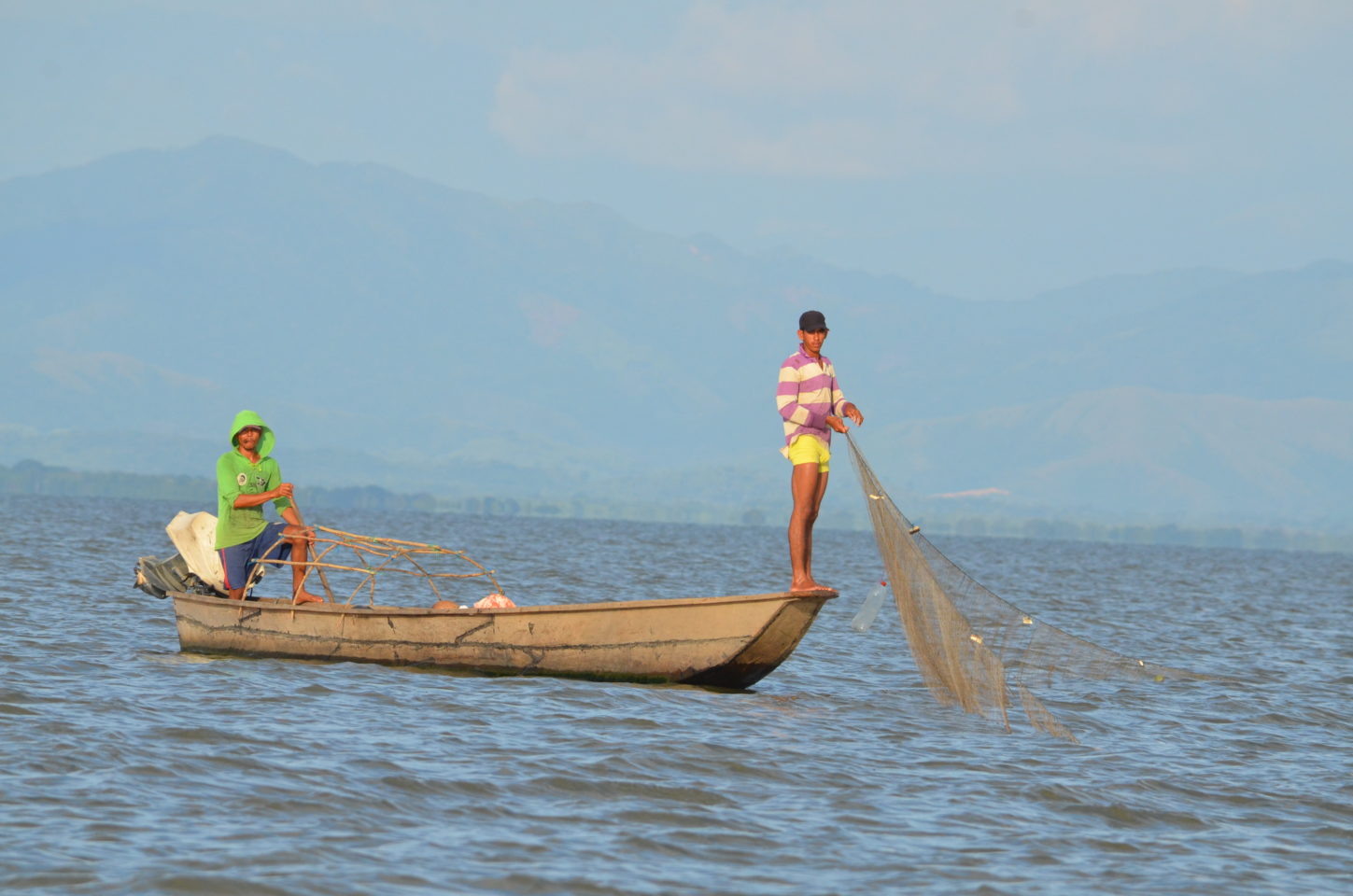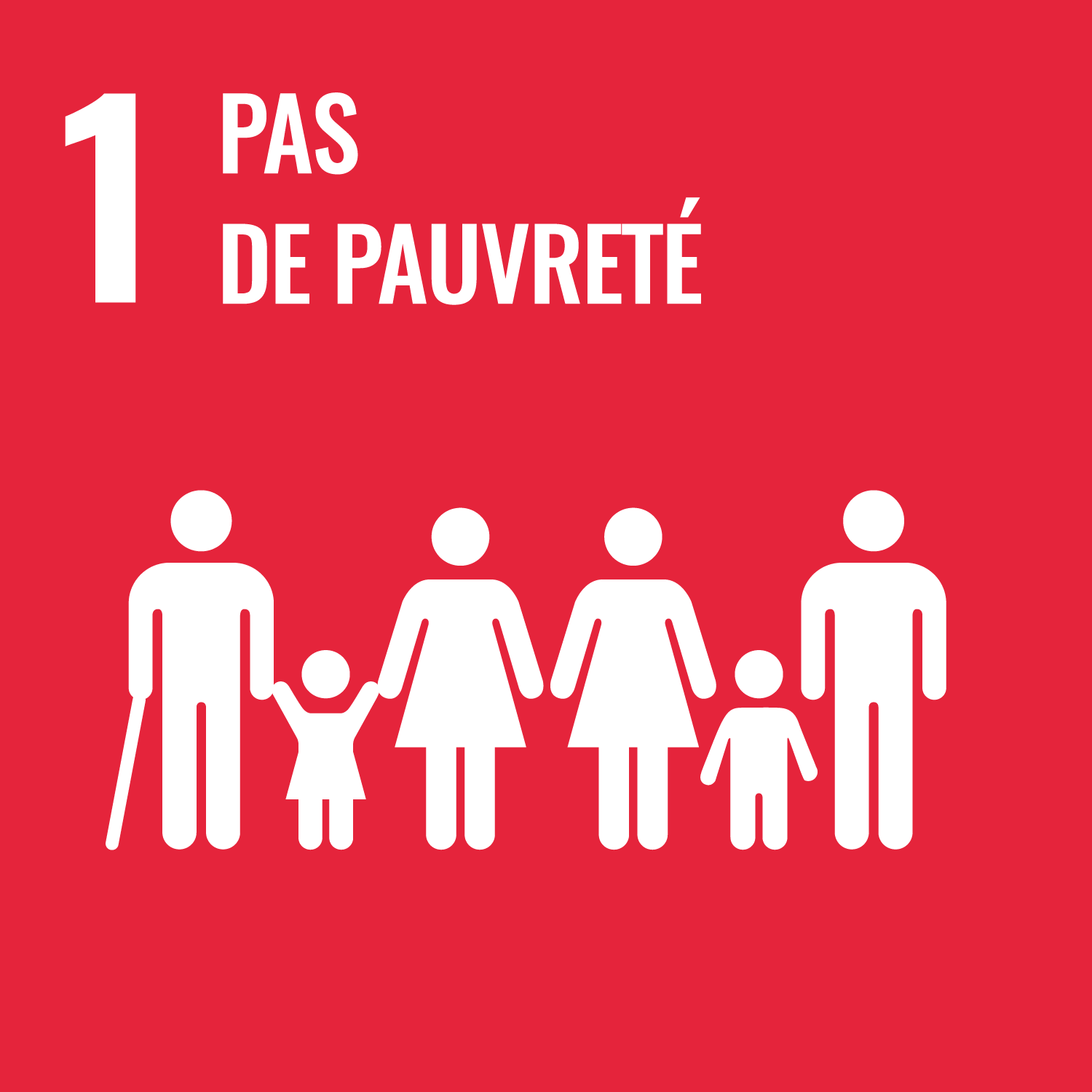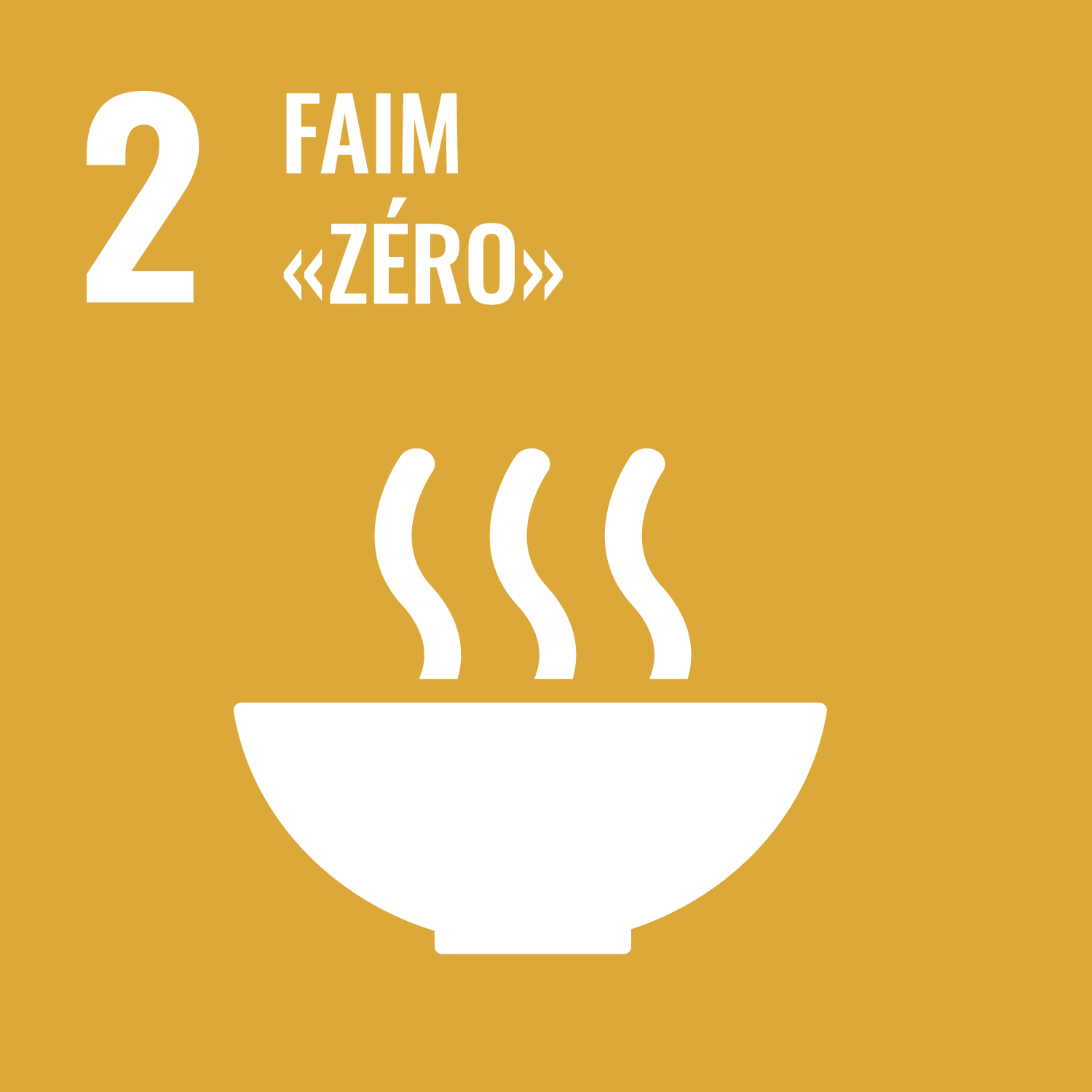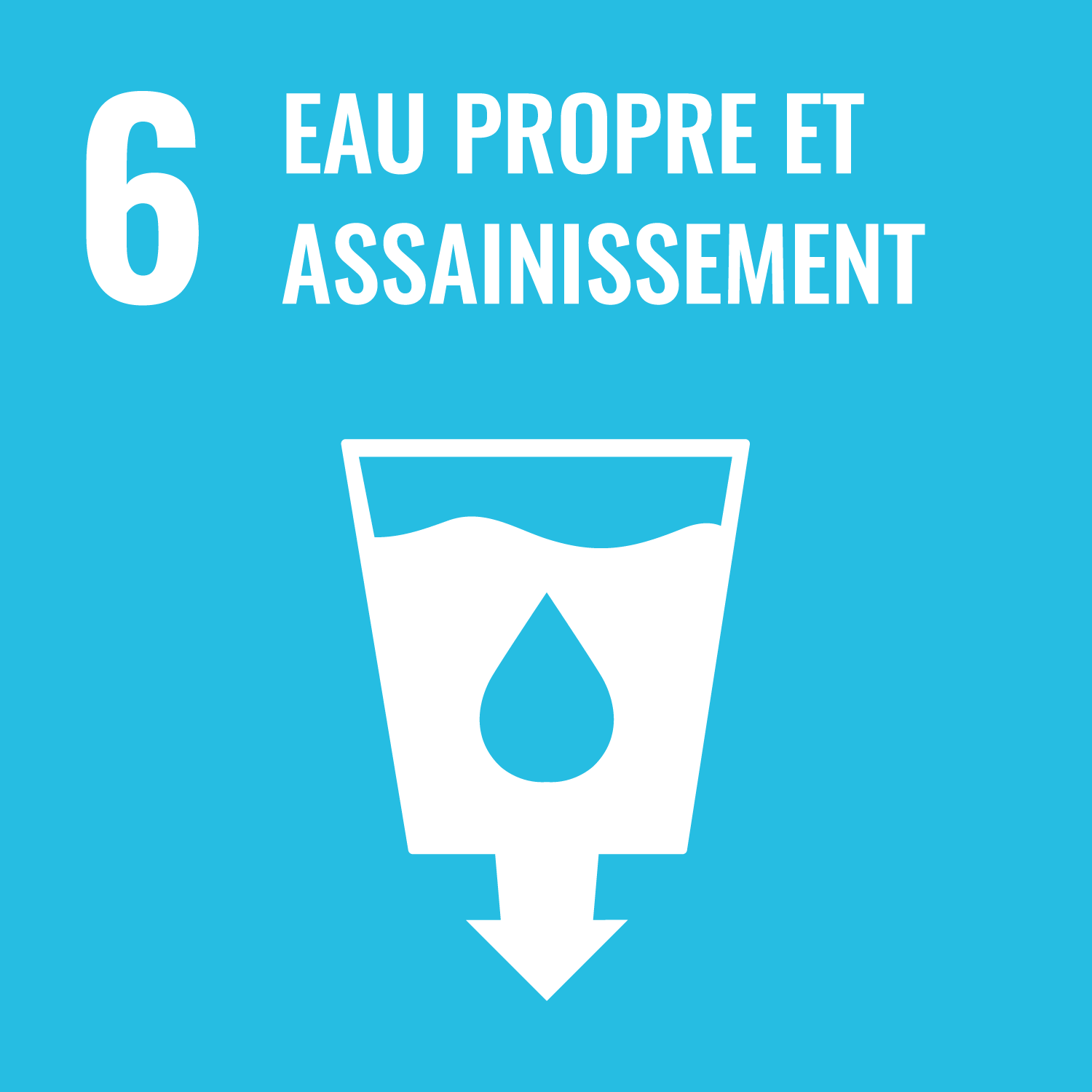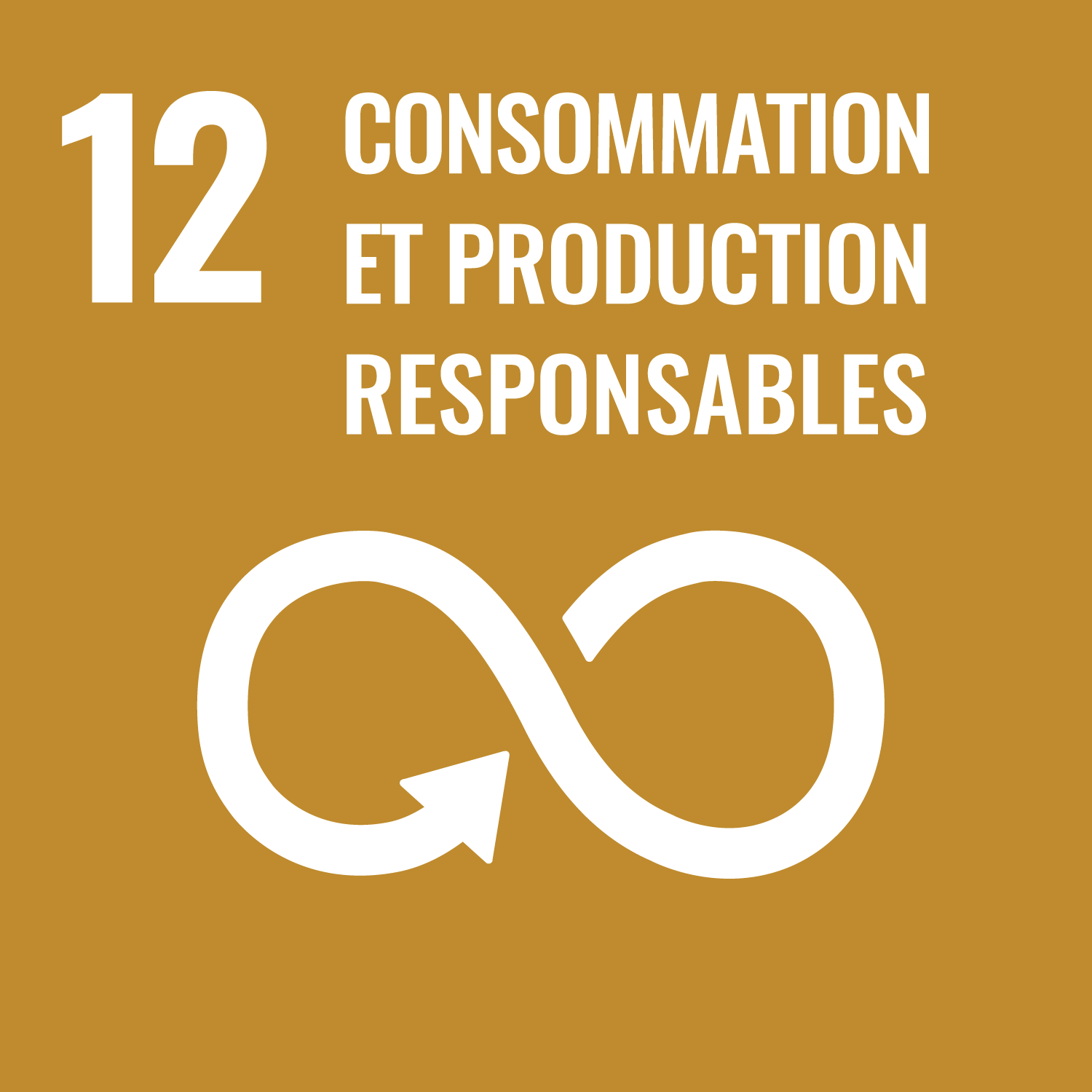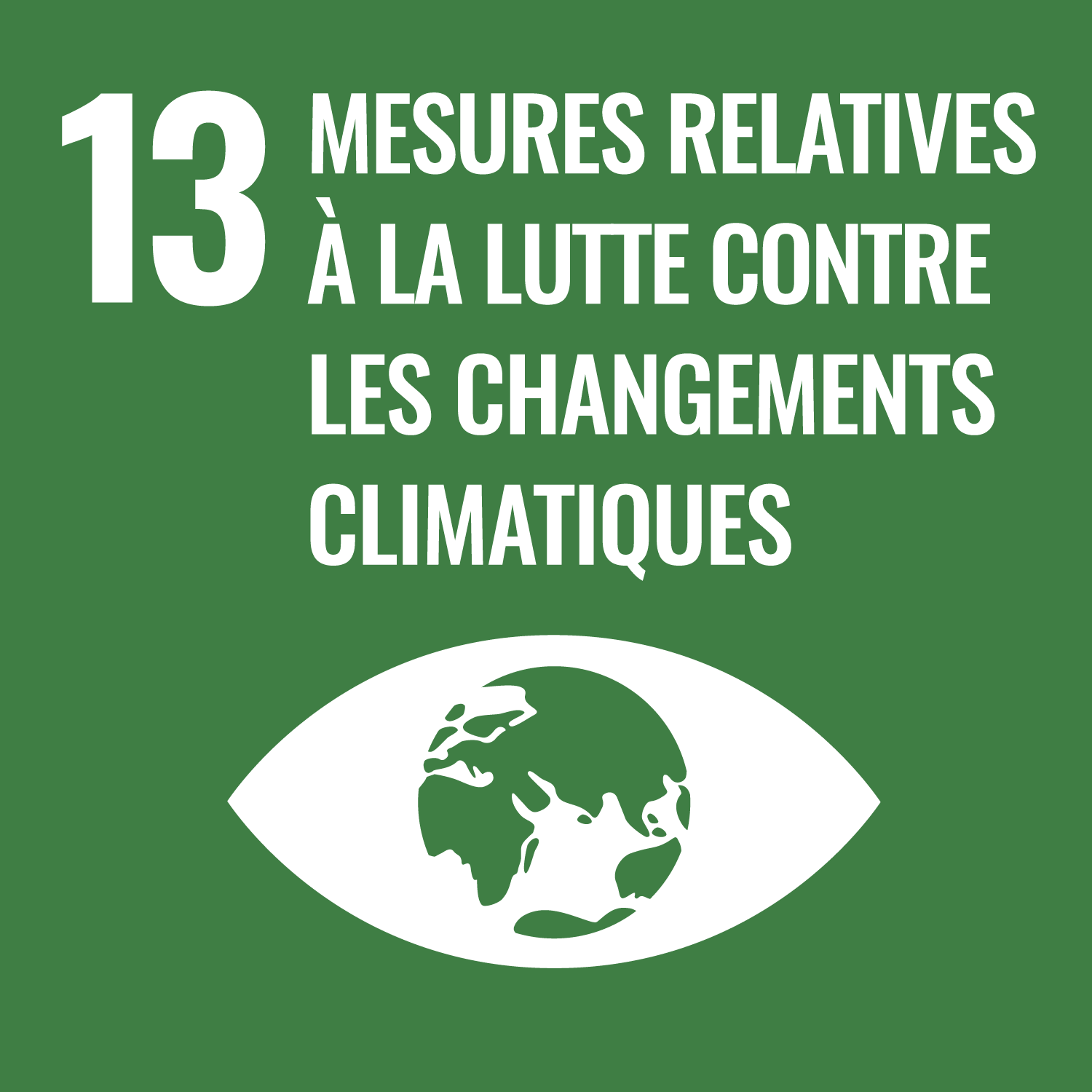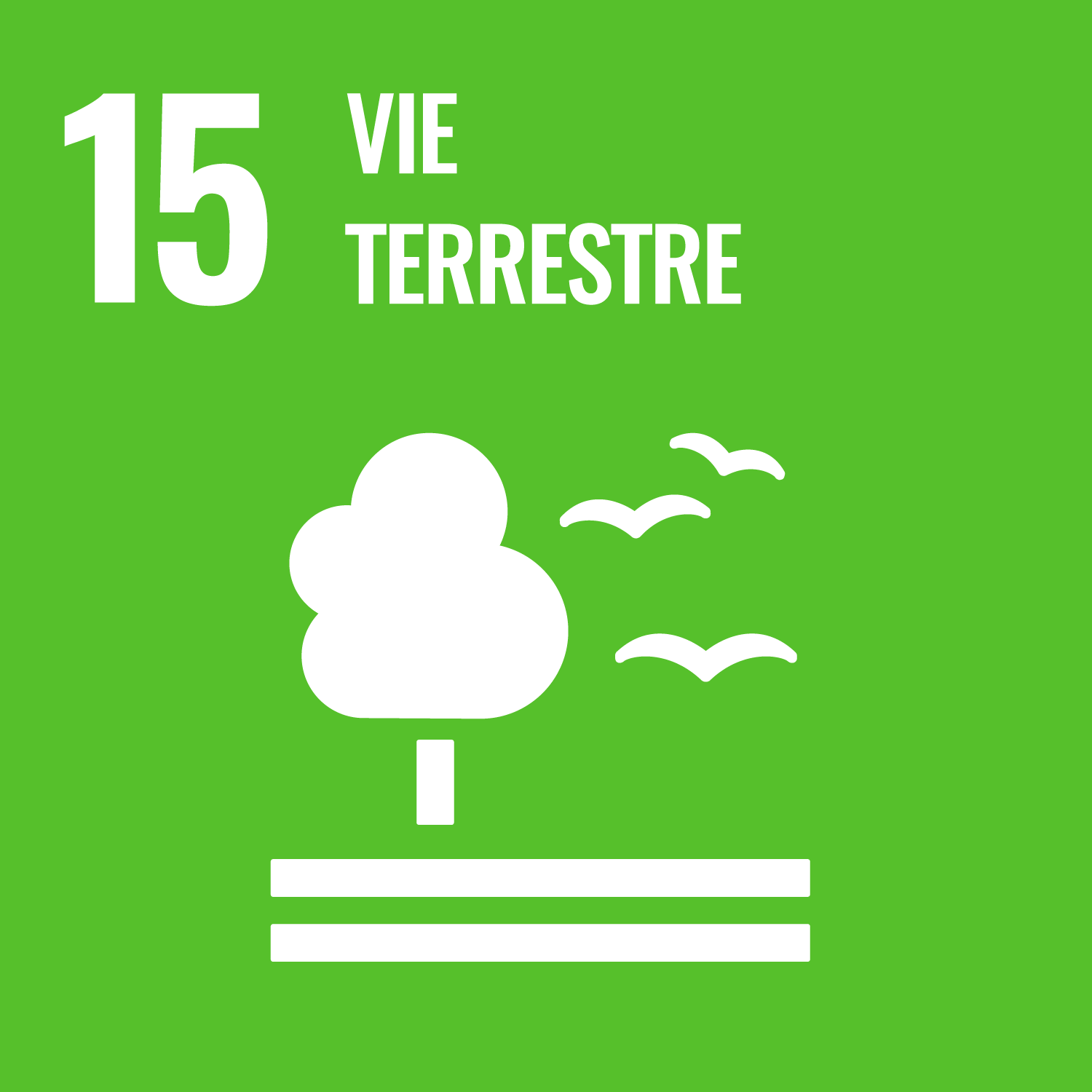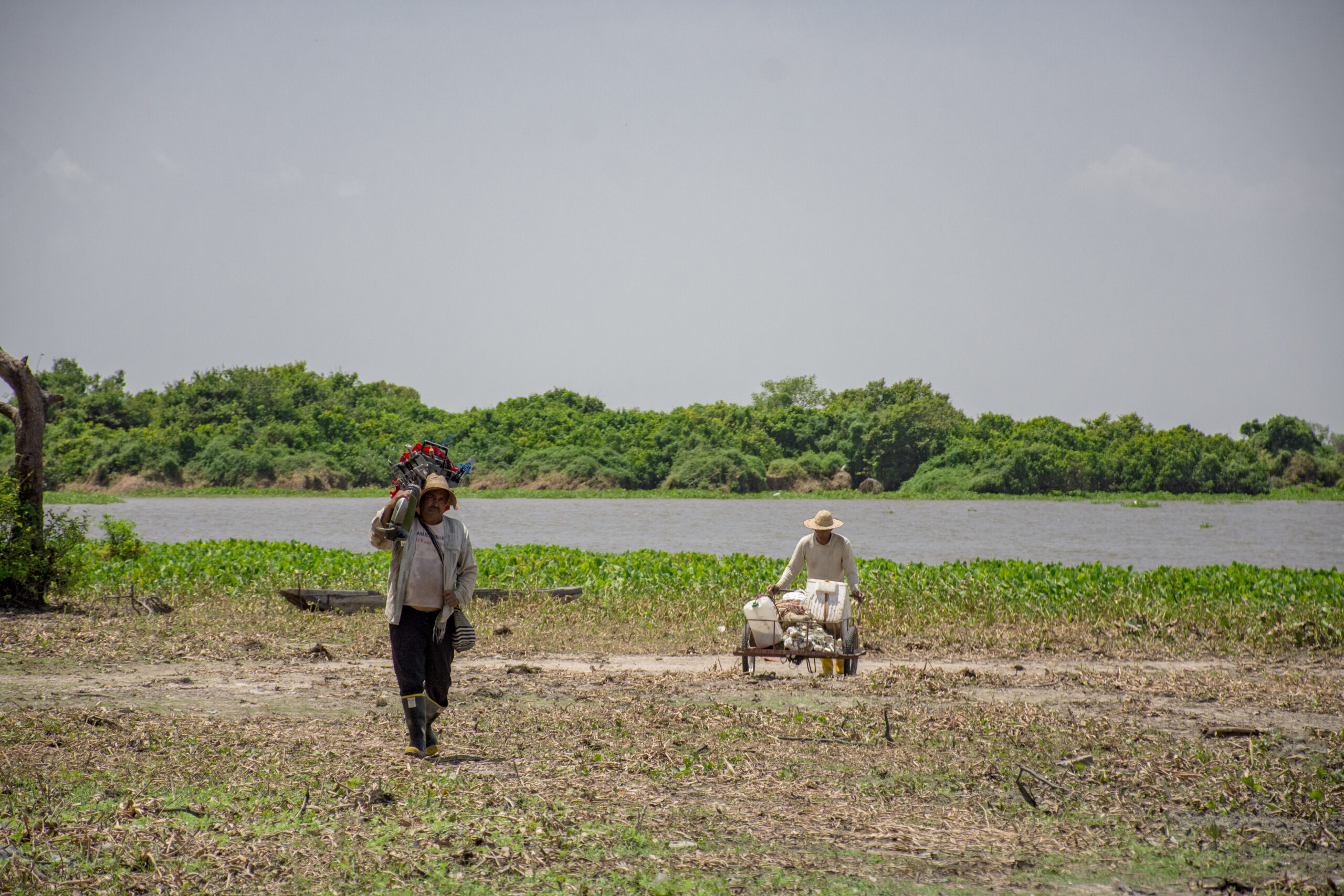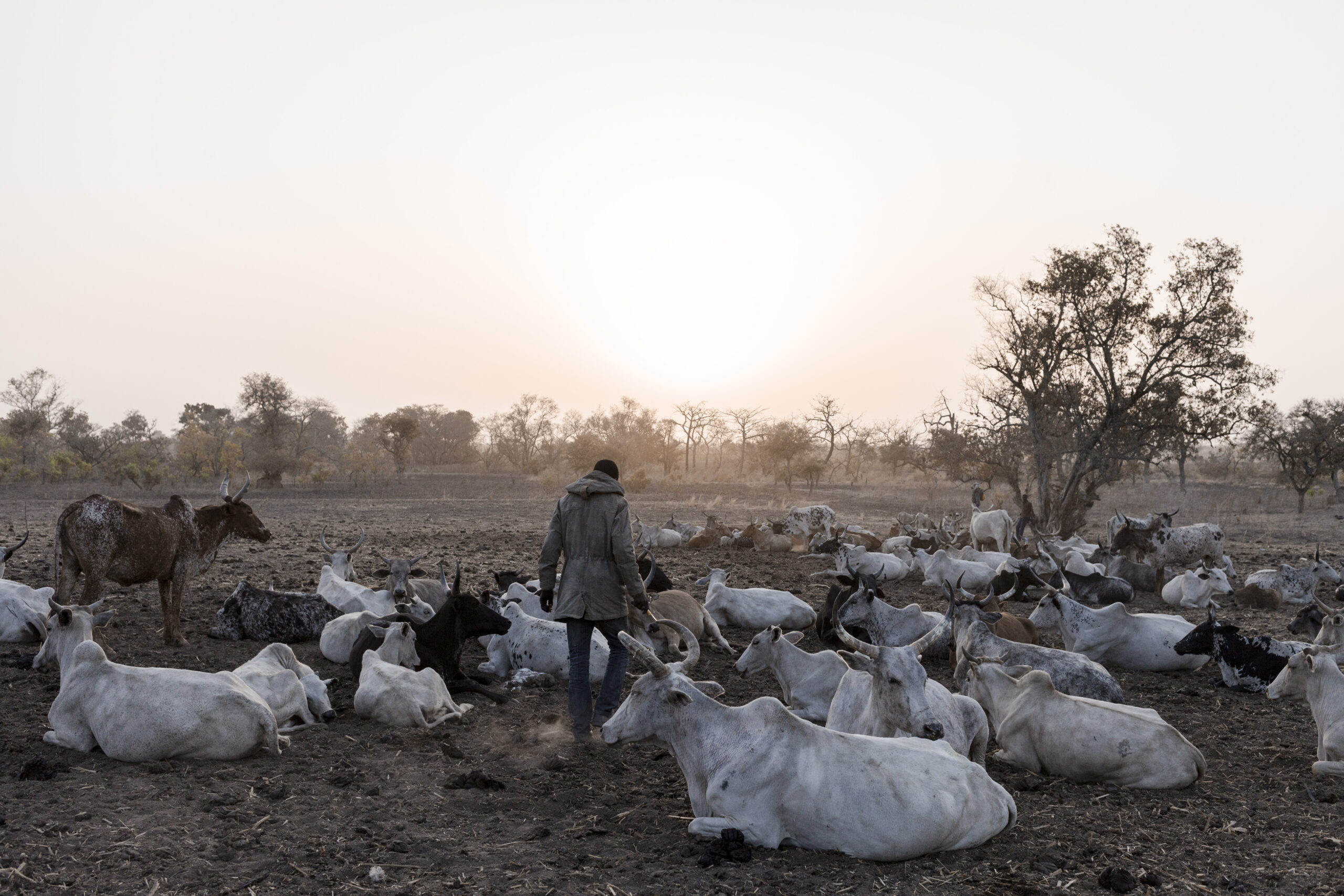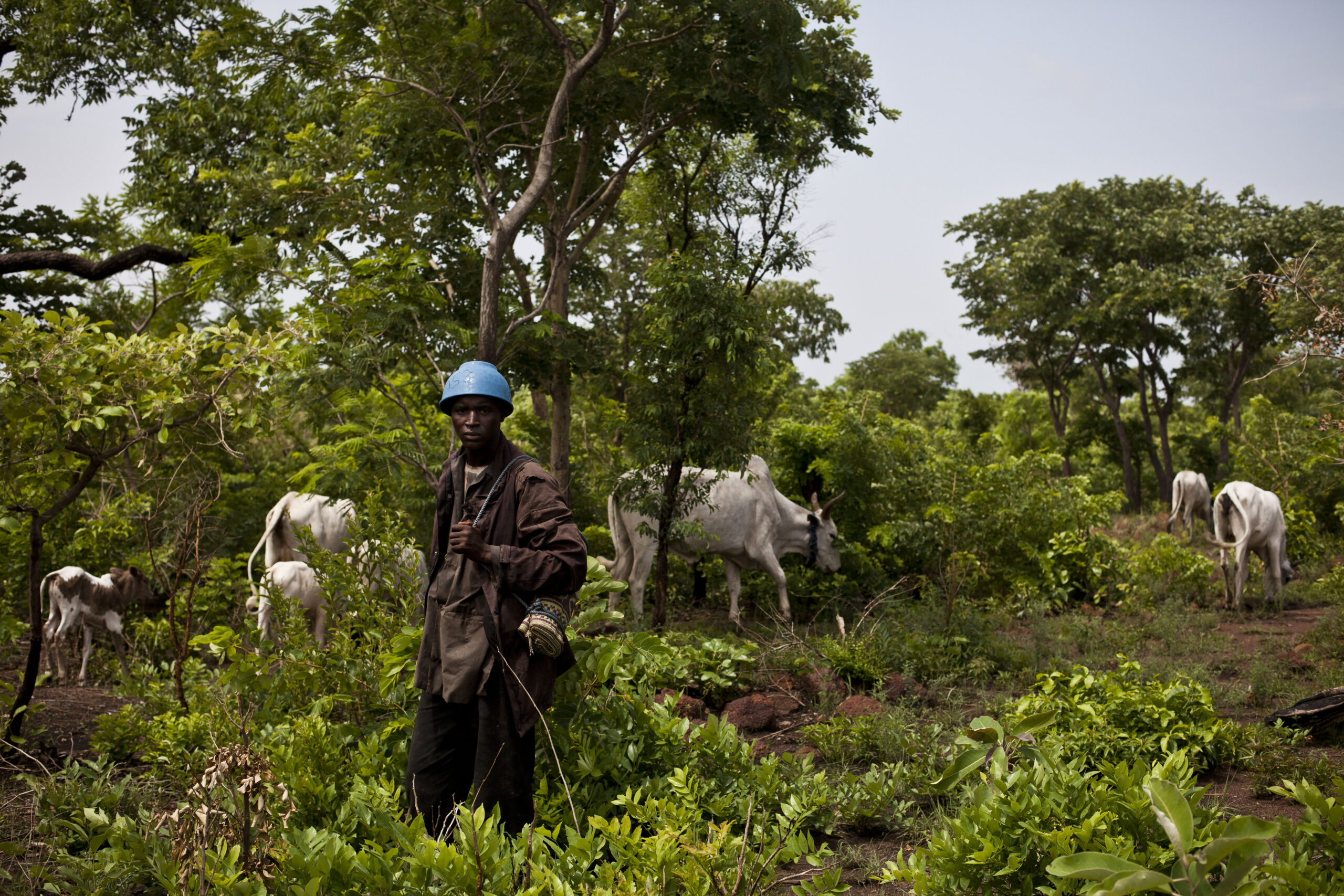Restoring and preserving 50 hectares of the Zapatosa marsh
The Zapatosa marsh in northern Colombia is a wetland with rich biodiversity. It is valuable to the local communities, as it provides a reserve of natural resources for consumption and helps mitigate the effects of flooding on the Magdalena River (principal river in Colombia). But the marsh has been heavily degraded by climate change and external pressures (such as intensive livestock farming and deforestation), with major repercussions on food security and living conditions.
Project overview
To address this issue, Acting for Life and Fundación Alma (specialist in sustainable wetland management) are working on ecological restoration in the town of Chimichagua, in the César department. The project focuses on nature: reforestation, family agroforestry systems for food security, creation of sanctuaries for plants and animals, and governance based on the cycles of nature.
Objectives
- restore and preserve 50 hectares along the edges of the Zapatosa marsh to ensure that the ecosystem continues to provide local communities with: wood, plants and animals for consumption, and sanctuaries for fish during the rainy season;
- strengthen activities to complement fishing by improving agroforestry systems for 50 families, performing a participatory analysis of potential ways for the region to diversify its economy, and improving channels for marketing fishing products;
- Governance: strengthen agreements for the sustainable management of the Zapatosa marsh’s socio-ecosystem.
Key figures and results
- 50 hectares of the Zapatosa marsh have been restored and preserved according to agreements defined with local organisations;
- 14 new family agroforestry systems for food security have been set up, and 50 already-established and preserved systems have helped reduce pressure on the ecosystem;
- At least one initiative for an activity to complement fishing was launched (production-focused project based on the region’s potential);
- A community management plan for the Zapatosa marsh was established for one of the three project zones;
- This project will directly benefit 50 families (600 people) through the agroforestry systems that are created and preserved and the development of alternatives to fishing. The ecological-restoration work will benefit everyone living in the three districts where the project is carried out.
